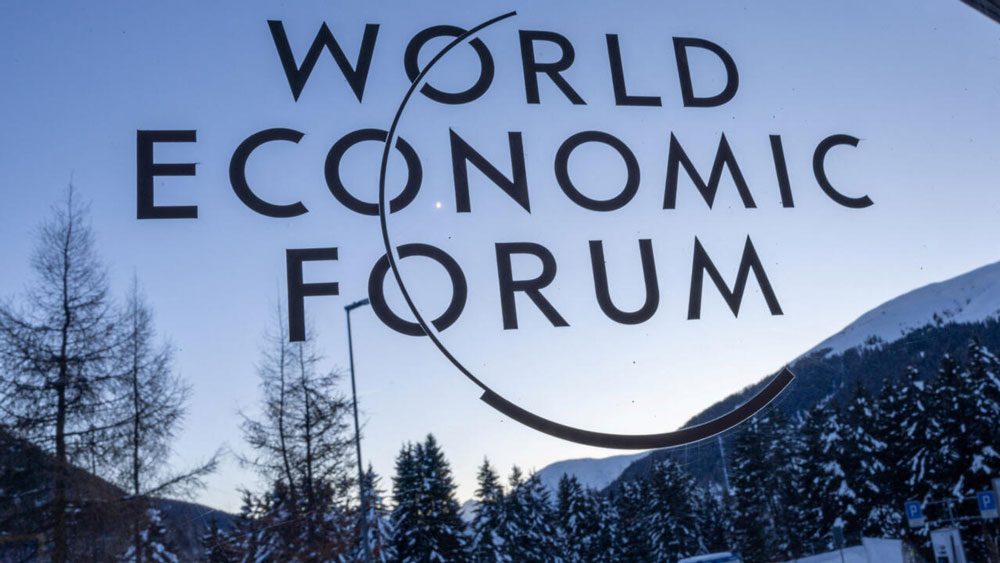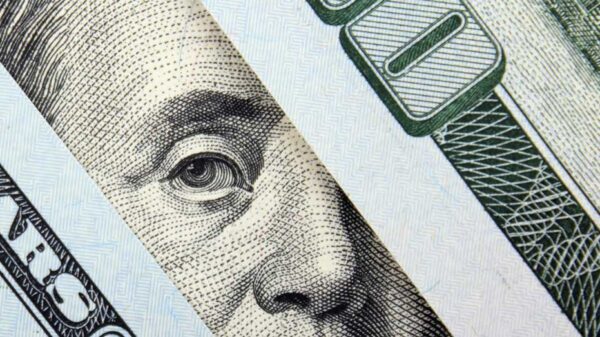In its latest annual inequality report, Oxfam has highlighted the staggering growth of billionaire wealth in 2024, marking the second-largest annual increase since record-keeping began. The combined fortune of the world’s wealthiest individuals soared by $2 trillion, rising from $13 trillion to $15 trillion in just 12 months. This rapid accumulation of wealth by a select few comes as the number of people living in poverty globally remains largely unchanged since 1990, according to World Bank data.
The Rise of Billionaire Wealth
Oxfam’s report underscores the growing disparity between the world’s richest and poorest. The richest 1% of people now control nearly 45% of global wealth, while 44% of humanity survives on less than $6.85 per day. Amitabh Behar, Executive Director of Oxfam International, described the situation as “the capture of our global economy by a privileged few,” warning that the unchecked power and wealth of billionaires are reshaping the global economy in ways once thought unimaginable.
One of the most alarming predictions from Oxfam is the emergence of trillionaires. If current trends persist, the world could see at least five trillionaires within the next decade. Elon Musk, the CEO of Tesla and a close ally of U.S. President Donald Trump, is projected to become the world’s first trillionaire by 2027, with his current net worth estimated at around $440 billion, according to the Bloomberg Billionaires Index.
Unmerited Wealth and the Role of Inheritance
Oxfam’s findings reveal that 60% of billionaire wealth now comes from inheritance, monopolistic practices, or crony connections. Behar criticized the narrative of the “self-made billionaire,” stating that many of the ultra-wealthy owe their fortunes to unearned privilege and untaxed inheritance. He argued that this perpetuates a “new aristocracy,” where wealth and power are concentrated in the hands of a few, further entrenching inequality across generations.
“The failure to stop billionaires is now spawning soon-to-be trillionaires,” Behar said. “Not only has the rate of billionaire wealth accumulation accelerated—by three times—but so too has their power.”
The Call for Change
Oxfam is urging governments worldwide to take immediate action to address this growing inequality. The organization recommends policies to ensure that the incomes of the top 10% are no higher than the bottom 40%. It also calls for global economic reforms, including breaking up monopolies, imposing stricter corporate regulations, and implementing progressive taxation to ensure the wealthy pay their fair share.
“Money that is flowing to the bank accounts of the super-rich instead of much-needed investment in teachers and medicines is not just bad for the economy—it’s bad for humanity,” Behar said. He emphasized the importance of redirecting wealth towards addressing pressing global issues such as education, healthcare, and poverty alleviation.
A Global Oligarchy?
Outgoing U.S. President Joe Biden echoed Oxfam’s concerns in his farewell address, warning of a rising “oligarchy” in America. “People should be able to make as much as they can, but play by the same rules, pay their fair share in taxes,” Biden said. His remarks reflect growing fears that extreme concentrations of wealth are undermining democratic institutions and economic stability.
As the World Economic Forum (WEF) convenes in Davos, Switzerland, this week, Oxfam’s report serves as a stark reminder of the urgent need for bold action to address inequality. With 3,000 global leaders from over 130 countries in attendance, the forum presents an opportunity to discuss solutions to ensure a fairer distribution of wealth and resources.
The Road Ahead
Oxfam’s “Takers Not Makers” report highlights the dangers of unchecked wealth accumulation and the urgent need for systemic change. Without significant reforms, the growing divide between the ultra-rich and the rest of humanity risks exacerbating social and economic instability.
As Behar aptly summarized, “So many of the so-called ‘self-made’ are actually heirs to vast fortunes, handed down through generations of unearned privilege. Untaxed billions of dollars in inheritance is an affront to fairness, perpetuating a new aristocracy where wealth and power stay locked in the hands of a few.”
The challenge now lies in whether world leaders will rise to the occasion and implement policies that promote greater equity—or whether the cycle of inequality will continue unchecked.











